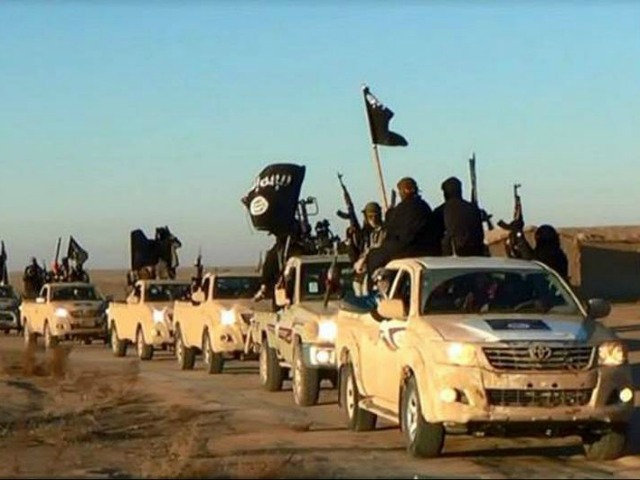In the past 24 hours, reinforcements have been arriving in the besieged Syrian town of Kobane, where Kurdish troops have slowly been losing their months-long battle with the Islamic State (ISIS).
In a significant change of policy, Turkey last night allowed an estimated 50-150 troops from the Free Syrian Army to cross the Turkish border into Syria. And at dawn today, 80 vehicles arrived in Kobane carrying Iraqi Peshmerga fighters, according to the BBC.
This is good news for Kobane and for the broader fight against ISIS, but it is bad news for the current Western strategy in fighting ISIS. It is a sign that the strategy is not succeeding.At the heart of the battle for Kobane is the United States’ failure to properly assess this enemy. The Obama administration has narrowly defined the enemy as only the most violent jihadists: first Al Qaeda and now ISIS. It has drawn a distinct line between those who use violence and those who do not. The administration sees this as a contest of force with an enemy that is limited in number. This inaccurate assessment of the enemy has its roots in left-wing theories about social movements, which I examine in detail in the recent white paper, “The Flawed Science Behind America’s Counter-Terrorism Strategy.”
In the 1980s, academics began to apply social movement theory to Islamist activism. The key concept was that violent jihadists are the product of oppression. Quintan Wiktorowicz, one of the principal proponents of this theory, eventually joined Obama’s National Security Staff as Senior Director for Global Engagement. His influence within the White House in shaping American counter-terrorism strategy had three fatal effects: the focus shifted away from ideology and to the belief that the ideology motivating Islamists is irrelevant; it treated Islamists as victims, saying they are forced by circumstances to resort to violence; and it drew a line between violence and nonviolent Islamists, saying that we only have to fight the former, while the latter– for example, the Muslim Brotherhood– can be our allies.
But terrorists are not victims. The ideology is the heart of what draws young men and women to join a murderous fight, and nonviolent Islamists can no more be our allies than can Al Qaeda or ISIS. Indeed, ISIS and its ilk are built on a foundation laid by such “nonviolent” Islamists as the Muslim Brotherhood, and they are supported by such “allies” as Qatar and Turkey.
The arrival of additional troops and materiel in Kobane is very good news indeed for the people besieged there, but until the United States straightens out its understanding of the enemy and drafts an appropriate response, the larger battle cannot be won.
Katie Gorka is president of the Council on Global Security. @katharinegorka.

COMMENTS
Please let us know if you're having issues with commenting.